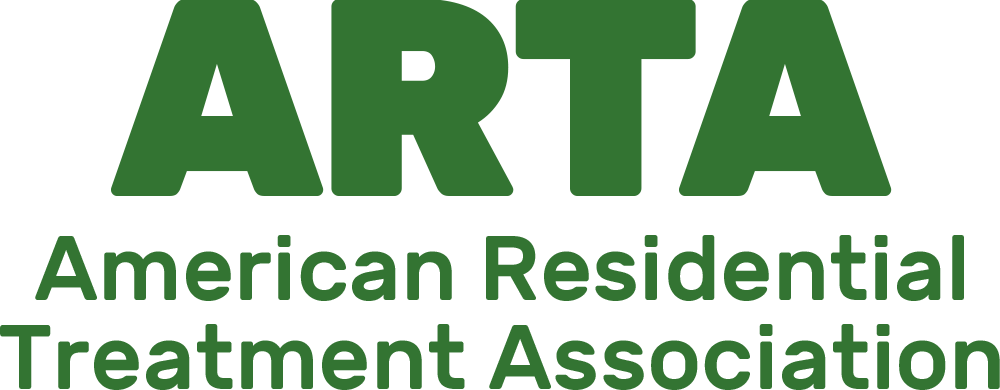
People ask me all the time, “Will I need to be on medication for the rest of my life?” I am never sure what to answer, which of course annoys them—I went to medical school, didn’t I? Didn’t they teach me all the mysteries of the organism? Well, no… They tried to cram our brains with as much about the PATHOLOGY of the organism as is known, which is not that much, and way less about the normal functions, and even less about the ecology of the broader system—or biosphere—in which we are all embedded.
But I digress. The short answer to that question is, “How on earth would I know?” The short, professional answer is, “Honestly, the only way to know is to try it and see what happens.” In between, I tell stories—both inspirational and cautionary—about patients in the past who’ve given it a shot.
One relevant phenomenon I’ve noticed is what I called “late bloomers”—people who come into full maturity much later than was expected in earlier times. Maybe “25 is the new 18” and “35 is the new 21.” This is not intended as a criticism or putdown—“maturity” has always been the age at which you had the skills, information, and muscle power to look after yourself and contribute to the tribe. What we need to take in and sort out is way more complicated than running the bakery your dad did. One of the things that may come slower than it used to is managing our own nervous systems, as we deal with the information overload of modern life. Maybe these days, it’s the “early bloomers” who are the outliers—although that’s still the historical standard we all judge ourselves by.
Again, I digress…but maybe not so much. The point I’m aiming for is this: I’ve seen people outgrow their need for medications to balance their tippy nervous systems. Is that because their neural networks mature? If so, is that genetics or epigenetics? Or finding the right-sized life for their gifts and limitations, with a compatible “coregulating” partner or community? Or maybe all of the above? I can only answer, “How on earth would I know?”
I’ve seen way more people go from one to three to five medications over a few years, need that many for several more years, then slide down the other side of the hill to need only low doses of one or two. The ones I’ve seen go this route are generally survivors of rugged childhoods who grow up to do the “work of therapy” or engage in another path of healing during the years in the middle. They’re the ones who get it, that growth is hard work, and therapy or serious meditation is not always going to make you feel good. They’ve moved past seeing taking medication as “proof of defect” or seeing getting off medication as “proof of cure.” You can’t be “cured” of your own history or temperament.



